The simple policy fix that could halt the spread of the deadly enterovirus
Worried about the virus infecting one of your kids? Support paid sick days.

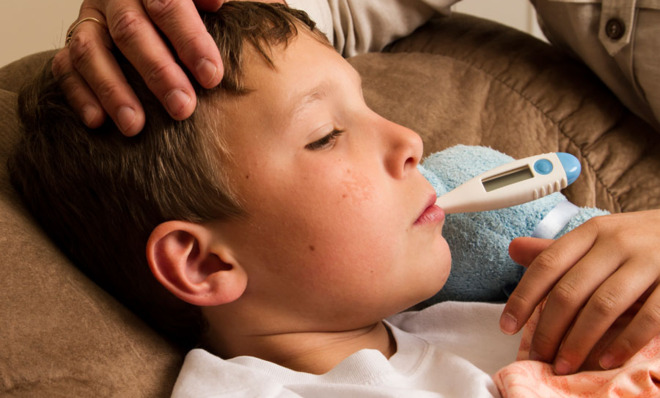
A free daily email with the biggest news stories of the day – and the best features from TheWeek.com
You are now subscribed
Your newsletter sign-up was successful
I imagine I wasn't the only parent who gasped when learning about the New Jersey boy who died from the rapidly spreading enterovirus 68. Four-year-old Eli Walller seemed healthy when he went to bed on Sept. 24, The New York Times reports, but when his parents went to check on him the next morning, he was dead.
This virus, which is predominantly affecting children, remains a mystery to medical experts. Early symptoms resemble those of a common cold, including coughing and wheezing. But from there, the virus can progress devastatingly fast, leading to intensive care, paralysis, or, in Waller's case, even death. Because there is no treatment specific to the virus, doctors' only recommendations for prevention are to regularly wash hands and keep children home from school if they show any sign of the illness.
It's a practical solution, but unfortunately for many parents it is also a costly one.
The Week
Escape your echo chamber. Get the facts behind the news, plus analysis from multiple perspectives.

Sign up for The Week's Free Newsletters
From our morning news briefing to a weekly Good News Newsletter, get the best of The Week delivered directly to your inbox.
From our morning news briefing to a weekly Good News Newsletter, get the best of The Week delivered directly to your inbox.
The United States has no national paid sick day policy, which means that 40 percent of the workforce — more than 40 million private sector workers — lose income when they stay home with their kids, according to the National Partnership for Women and Families. Worse, should they decide to take the day off, there is a chance it might cost them their job; nearly a quarter of adults in the States reported that they have either lost a job or been threatened with being fired because of taking sick leave.
To make matters worse, those without access to paid sick leave are the very same workers who are already struggling to get by. The Center for American Progress reports that the average wage of workers without this benefit is $10 per hour. It also finds a huge disparity between the top and bottom percentiles of the workforce: "90 percent of private sector workers whose earnings are in the top 10 percent in their occupation get paid sick days compared to only 23 percent of workers in the bottom 25 percent."
As parents with young children know, runny noses and mild coughs become the new normal during the colder months. For those at risk of losing their monthly grocery budget or their job, the enterovirus 68's common cold-appearing symptoms may very well not be reason enough to take the time off.
In 2009, the Institute for Women's Policy Research put out a paper in which they demonstrate the degree to which the absence of a national paid sick leave policy is a public health risk. They estimate that employees who attended work while infected with swine flu were responsible for the infection of approximately 7 million co-workers. Also, the National Partnership for Women points out that 73 percent of food service and child care workers lack paid sick days, meaning that those who can most easily spread illnesses have the most incentive to take some DayQuil and head to work.
A free daily email with the biggest news stories of the day – and the best features from TheWeek.com
The good news is that over the past decade there has been a movement to guarantee paid sick days for all workers. Cities and states across the country have passed legislation, and many others have bills that are currently working their way through city councils and state congresses. There is also a piece of pending national legislation, the Healthy Families Act, that, if passed would give workers up to seven paid sick days per year to recover from their own illnesses or, critically, to care for an ill child or relative.
While the fight for paid sick days has all the hallmarks of a progressive cause, it actually has a lot of support from conservatives as well. The results of a brand-new study from the nonpartisan Public Religion Research Institute find that 81 percent of Americans are in favor of a national paid sick leave policy, including 90 percent of Democrats, 82 percent of Independents, and 76 percent of Republicans. Nevertheless, as Boer Dang writes in Slate, the GOP continues to stand in the way of legislation. With the help of the conservative American Legislative Exchange Council (also known as ALEC), Republican legislators have even gone as far to back local bills that would ban sick leave legislation in 10 states.
Arguments against paid sick days usually outline the risk they present to our business. But those alleged risks have been refuted, and an audit following Seattle's recent law found that the financial impact has been "modest and smaller than anticipated." A 2014 study on at Connecticut's law found that productivity was actually up by 15 percent.
I care about business productivity, I really do. But I care more about my child's health, about all our children's health, and guaranteed paid sick days is a no-brainer way to keep them well.
Elissa Strauss writes about the intersection of gender and culture for TheWeek.com. She also writes regularly for Elle.com and the Jewish Daily Forward, where she is a weekly columnist.
-
 Local elections 2026: where are they and who is expected to win?
Local elections 2026: where are they and who is expected to win?The Explainer Labour is braced for heavy losses and U-turn on postponing some council elections hasn’t helped the party’s prospects
-
 6 of the world’s most accessible destinations
6 of the world’s most accessible destinationsThe Week Recommends Experience all of Berlin, Singapore and Sydney
-
 How the FCC’s ‘equal time’ rule works
How the FCC’s ‘equal time’ rule worksIn the Spotlight The law is at the heart of the Colbert-CBS conflict
-
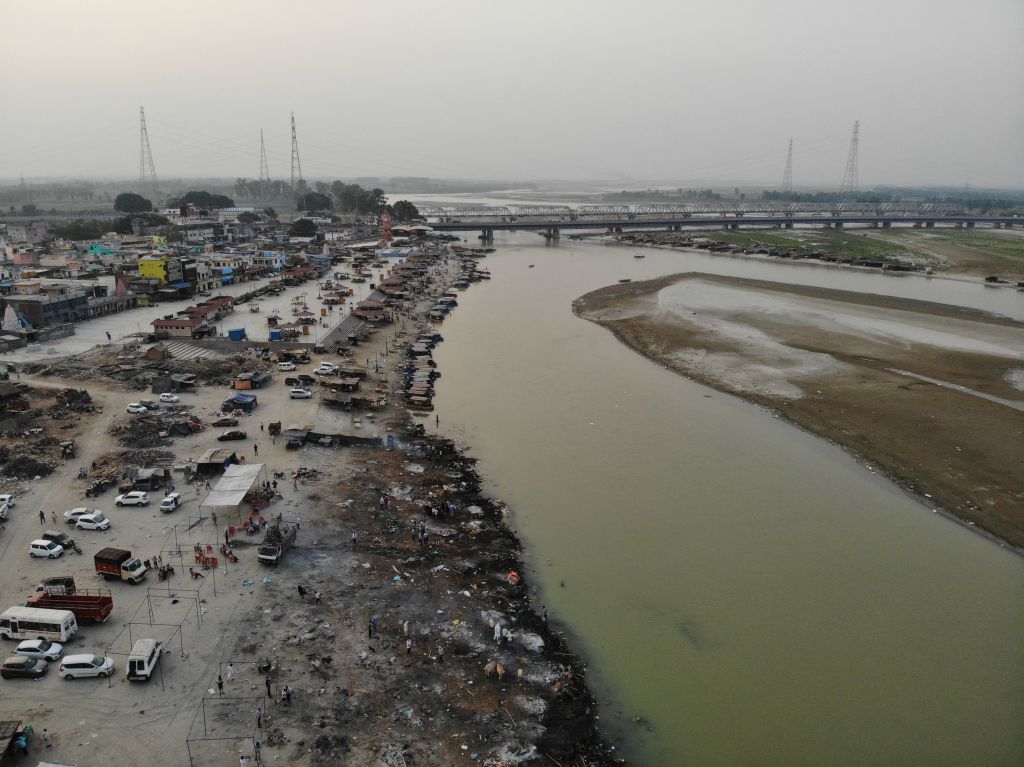 The bodies of suspected COVID-19 victims are turning up in Indian rivers
The bodies of suspected COVID-19 victims are turning up in Indian riversSpeed Read
-
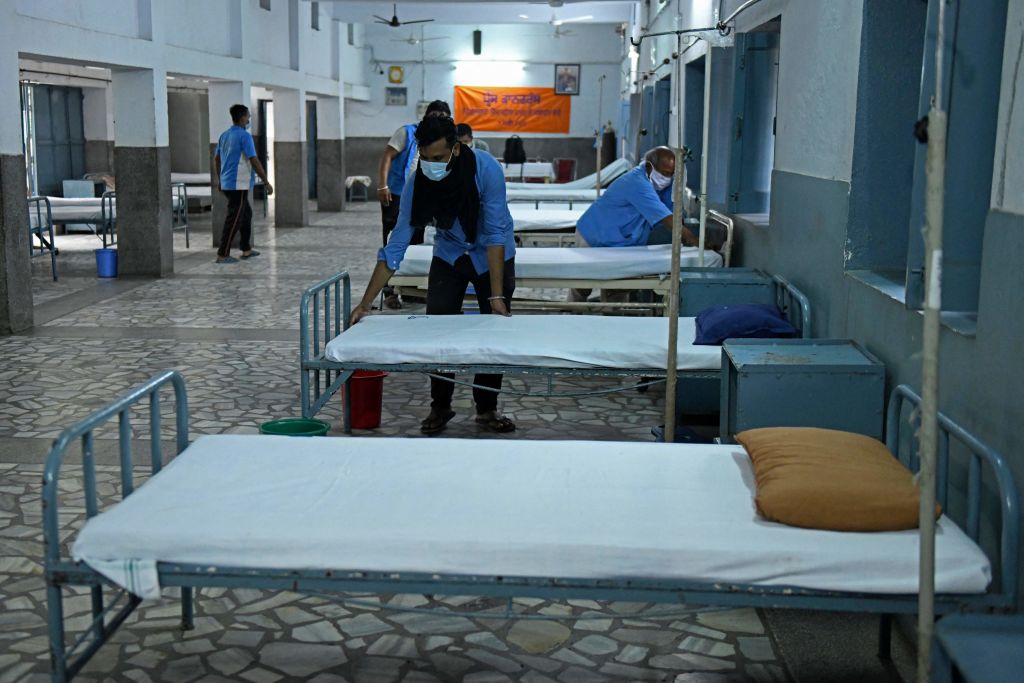 India records 4,000 COVID-19 deaths in a day for 1st time
India records 4,000 COVID-19 deaths in a day for 1st timeSpeed Read
-
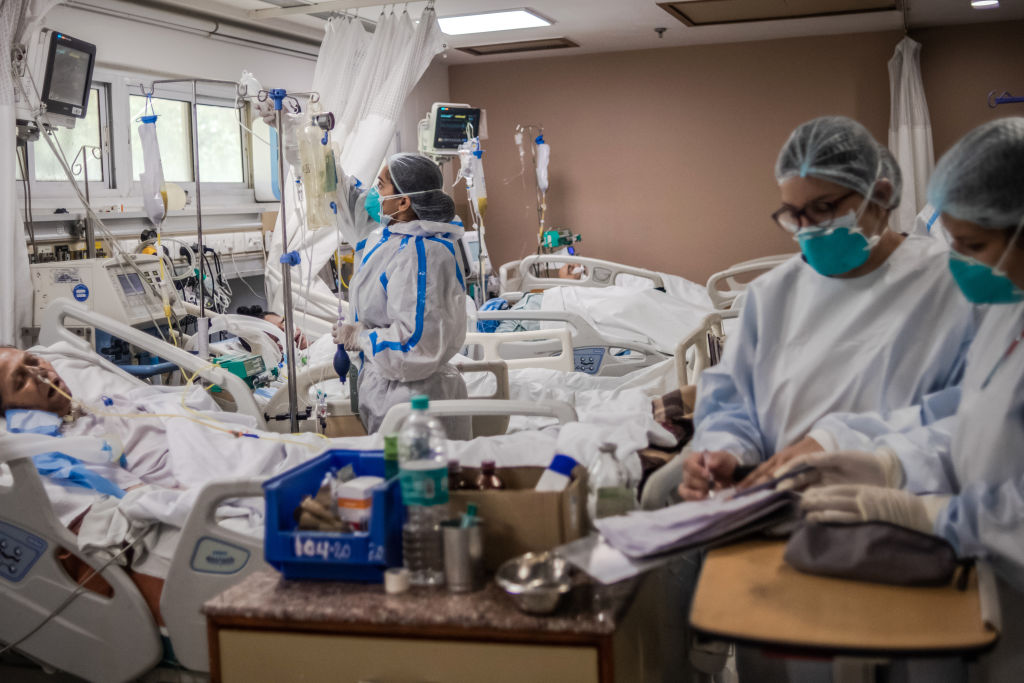 India hits new COVID-19 infection and fatality records as pressure grows for lockdowns
India hits new COVID-19 infection and fatality records as pressure grows for lockdownsSpeed Read
-
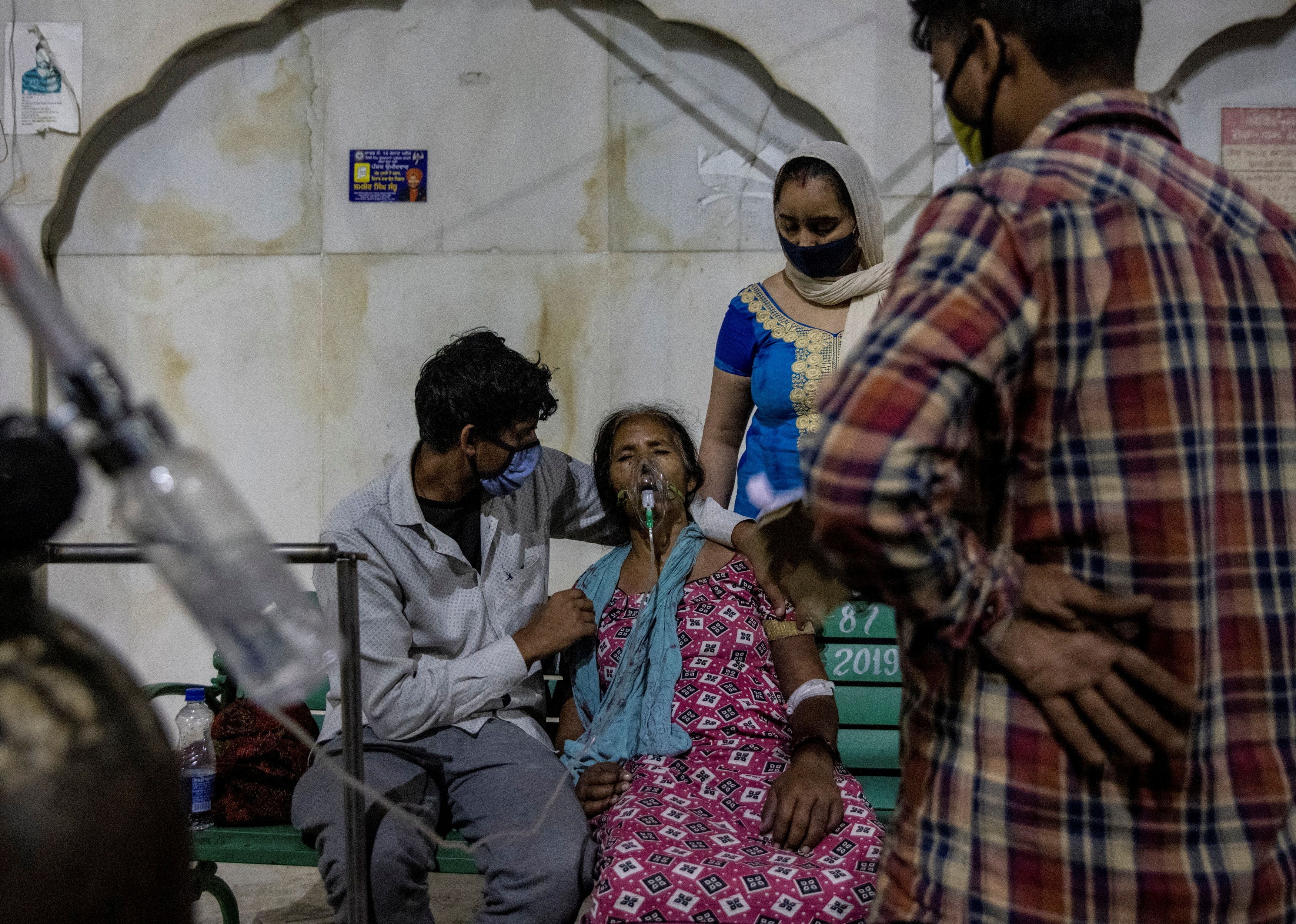 At least 10 people died after Indian hospital ran out of oxygen: 'Everyone was helpless'
At least 10 people died after Indian hospital ran out of oxygen: 'Everyone was helpless'Speed Read
-
 India sets a 5th straight COVID-19 infection record, as U.S. and other countries pledge help
India sets a 5th straight COVID-19 infection record, as U.S. and other countries pledge helpSpeed Read
-
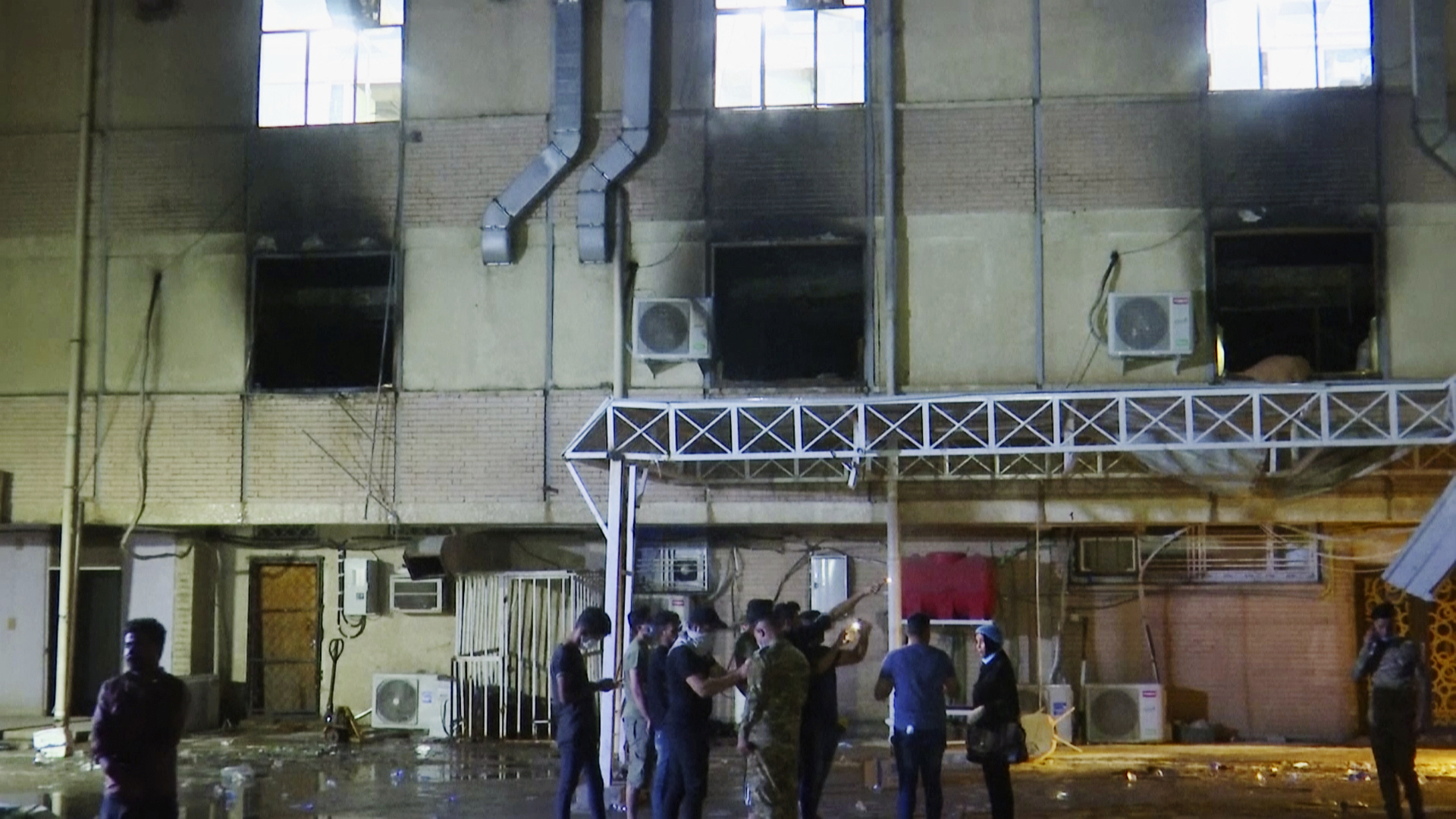 Fire at Iraqi hospital treating COVID-19 patients kills at least 82
Fire at Iraqi hospital treating COVID-19 patients kills at least 82Speed Read
-
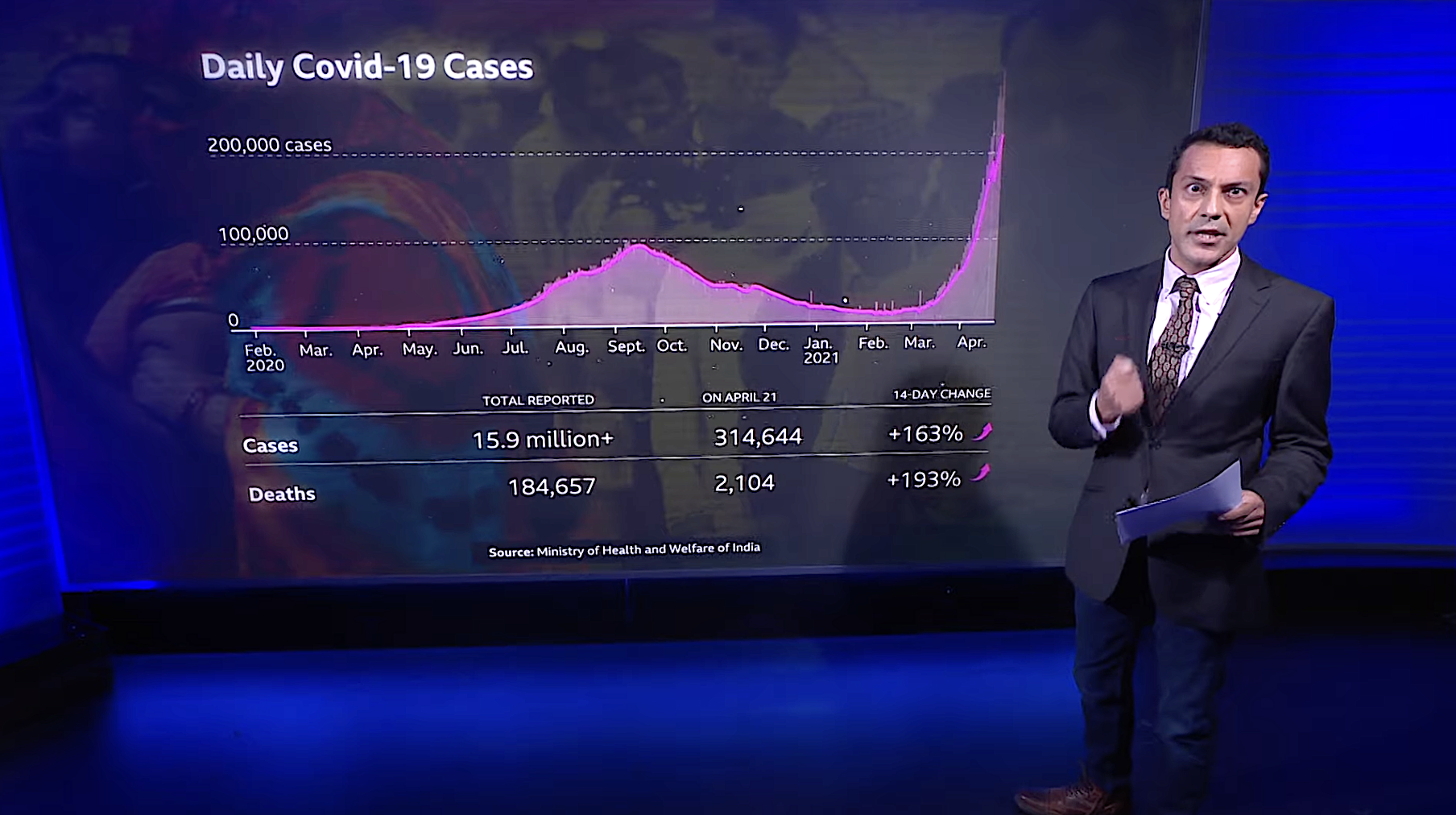 India is running dangerously low on oxygen as COVID-19 cases spike, and crematoriums can't meet demand
India is running dangerously low on oxygen as COVID-19 cases spike, and crematoriums can't meet demandSpeed Read
-
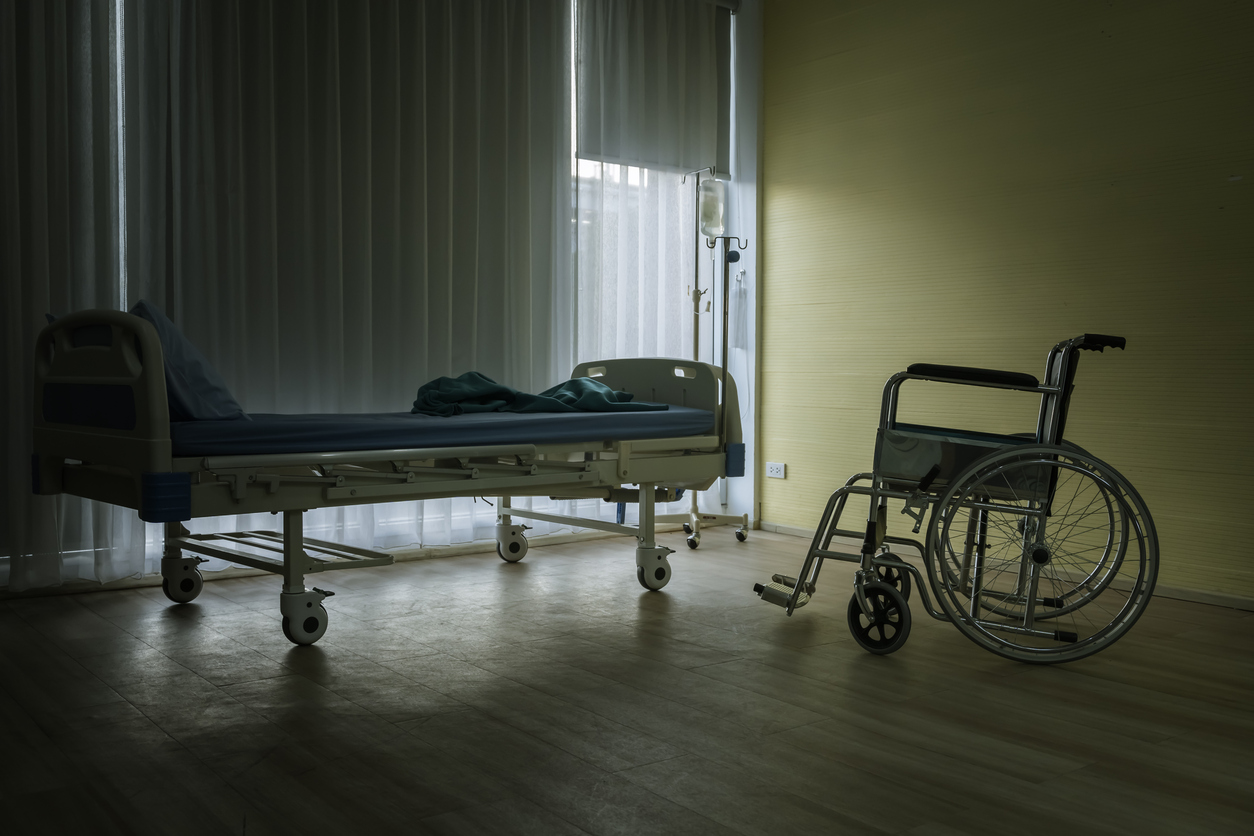 Why COVID-19 deaths were reportedly nearly as likely in 5-star nursing homes as 1-star facilities
Why COVID-19 deaths were reportedly nearly as likely in 5-star nursing homes as 1-star facilitiesSpeed Read
